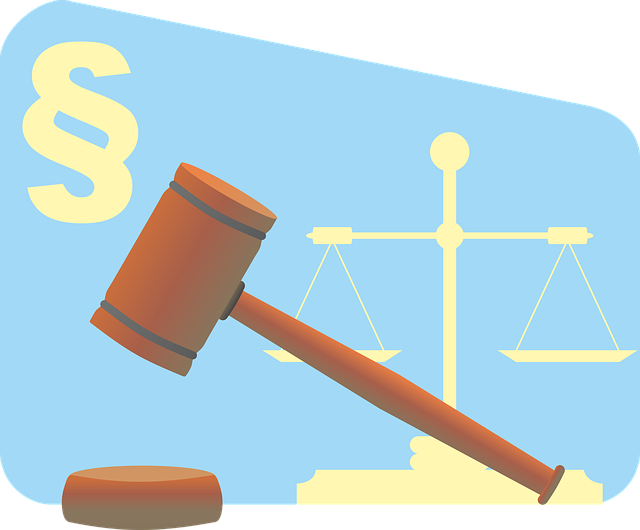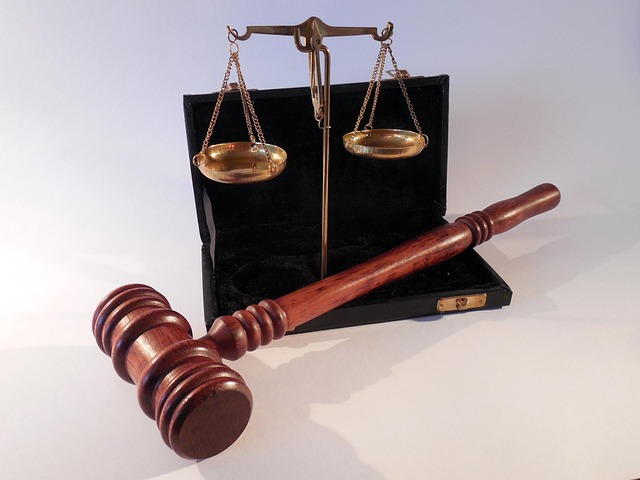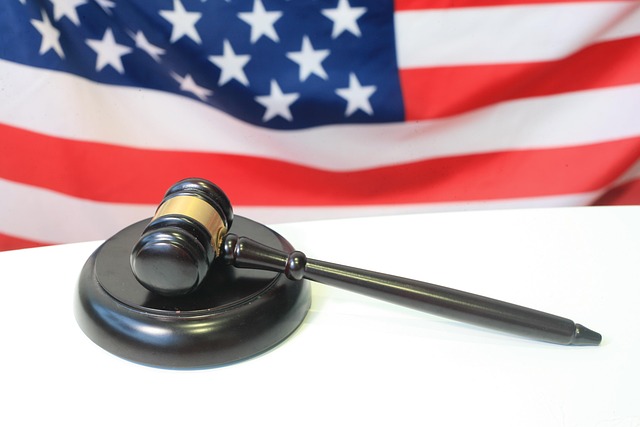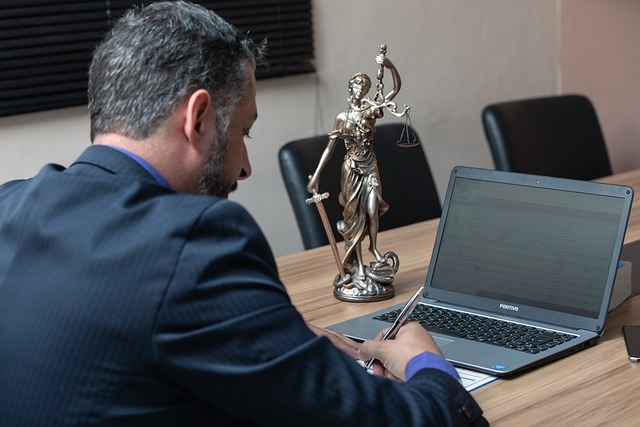C-Level Investigations are comprehensive probes into senior executive misconduct, legal violations, or unethical behavior, impacting individuals and organizations. Key in libel case examples within civil courts, these investigations uncover facts, gather evidence, and analyze data to facilitate informed decision-making, protect reputations, and serve justice. Understanding specific cases helps businesses manage reputational risks, develop effective response strategies, and minimize potential liabilities by engaging experienced legal counsel specializing in defamation laws and precedents.
In an era where reputation is currency, C-Level investigations have emerged as a potent tool, enabling businesses to safeguard their public image. This article delves into the intricate world of these high-stakes inquiries, focusing on libel case studies within civil courts. We explore real-world examples to understand the scope and impact of C-Level investigations, dissecting legal complexities and revealing strategic defenses for effective resolution. Discover practical insights into navigating this landscape, offering valuable guidance for businesses facing potential libel challenges in the civil court system.
- Understanding C-Level Investigations: Uncovering the Scope and Impact
- Libel Case Studies: Real-World Examples in Civil Court
- Navigating Legal Complexities: Strategies for Effective Defense and Resolution
Understanding C-Level Investigations: Uncovering the Scope and Impact

C-Level Investigations refer to high-stakes inquiries that delve into the actions and decisions of senior executives, often at the C-suite level (CEO, CFO, COO, etc.). These investigations are launched when there’s a reasonable suspicion or evidence suggesting misconduct, legal violations, or unethical behavior. The scope encompasses various areas, from financial irregularities and fraud to breach of fiduciary duty and even criminal activities. The impact can be profound, not just for the individuals involved but also for the organizations they represent.
Understanding the process is crucial in cases like libel examples in civil court, where achieving extraordinary results often hinges on meticulous investigation. By uncovering relevant facts, gathering evidence, and analyzing complex data, these probes aim to provide a clear picture of what transpired. This enables informed decision-making, helps avoid indictment, and ensures that justice is served for his clients while protecting the interests of the company and its stakeholders.
Libel Case Studies: Real-World Examples in Civil Court

In the realm of C-Level investigations, understanding real-world libel case studies within civil courts is paramount. Libel cases serve as critical examples illustrating the intricate balance between protecting free speech and holding individuals accountable for harmful statements. Examining these cases helps businesses navigate the complexities of defamation lawsuits, especially in the digital age where information spreads rapidly.
By delving into specific libel case examples in civil court, respective business can gain insights into best practices for managing reputational risks. These instances demonstrate the importance of thorough fact-finding, timely response strategies, and legal expertise throughout all stages of the investigative and enforcement process. Ultimately, a complete dismissal of all charges is often the desired outcome, underscoring the effectiveness of proactive measures and robust defenses.
Navigating Legal Complexities: Strategies for Effective Defense and Resolution

Navigating legal complexities is a critical aspect of managing high-stakes cases, especially when facing potential libel claims in civil court. The strategic approach to defense and resolution varies significantly based on the nature of allegations and available evidence. A strong understanding of defamation laws and precedents is vital for mounting an effective defense. Law firms with an unprecedented track record in handling such matters can offer invaluable insights into successful strategies, drawing from real-world libel case examples in civil courts.
These cases often require a nuanced approach, balancing the right to free speech with the protection against false or damaging statements. For his clients, engaging legal counsel experienced in navigating these complexities can mean the difference between costly litigation and swift, amicable resolutions. By leveraging their expertise, organizations can protect their reputation and minimize potential liabilities while ensuring compliance with applicable laws.
C-level investigations, encompassing complex legal issues like libel cases in civil court, demand strategic navigation. By understanding the scope and impact of such inquiries and employing effective defense strategies, organizations can mitigate risks and ensure fair resolutions. Real-world case studies demonstrate the significance of proactive legal management, underscoring the importance of swift action and comprehensive knowledge to safeguard corporate reputation and interests.






